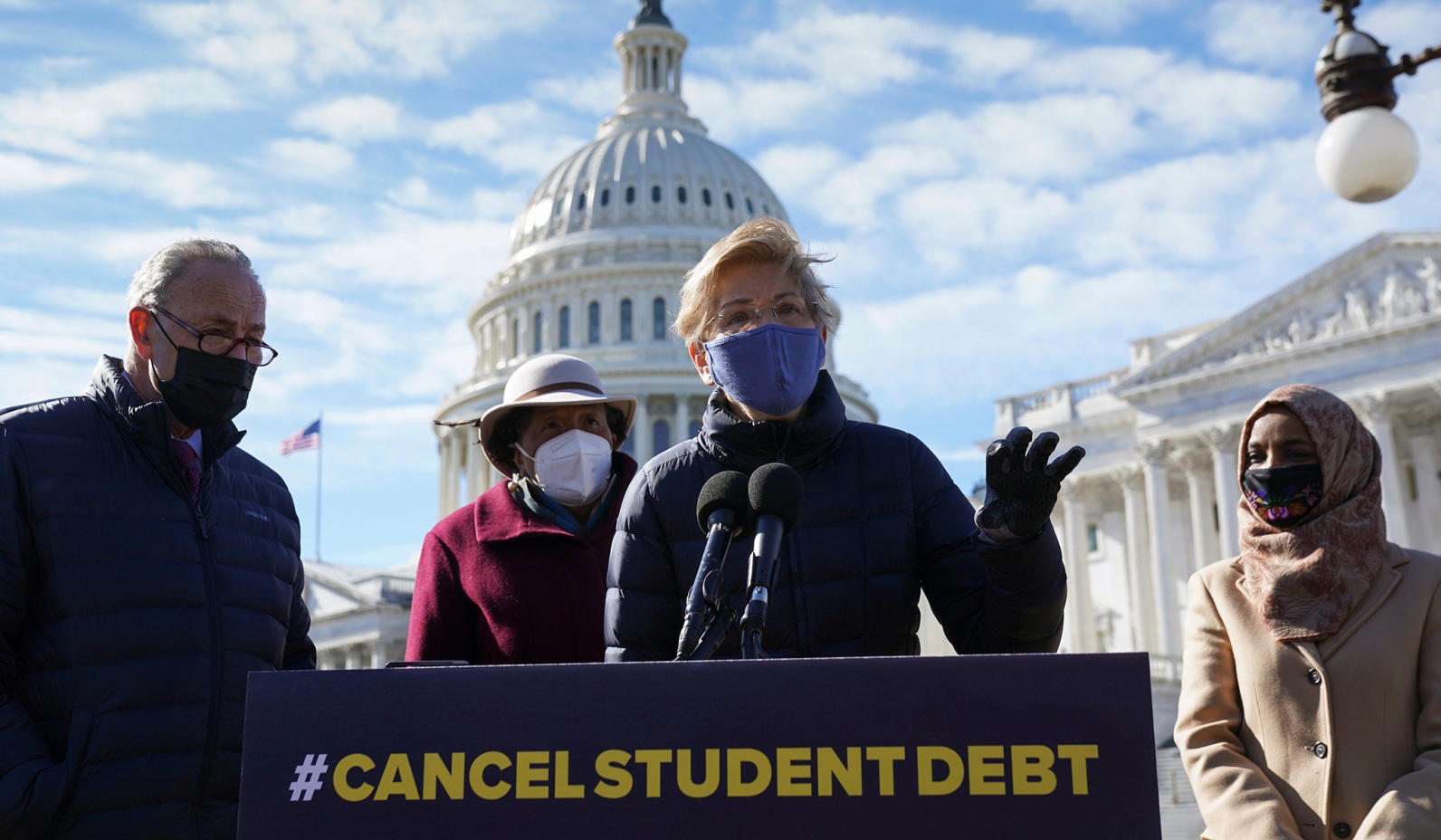 Kerby Anderson
Kerby Anderson
In a podcast last month, White House press secretary Jen Psaki suggested that the Biden administration will decide by August 31 about canceling student debt. The casual way she said it illustrates how casually the president is thinking about this. But the decision would be consequential.
Charles Cooke says that if the White House were to go ahead and cancel all student debt, “it would represent one of the greatest political mistakes in modern American history. It would enrage most of the country, further damage our separation of powers, help to entrench our two-tier approach to education, create an extraordinary moral hazard, considerably increase the national debt, and exacerbate the inflationary pressures that are already destroying Joe Biden’s presidency.”
Notice that proponents always talk about canceling student debt. This is how you talk if someone owes you money and you decide to cancel their debt obligation to you. But canceling student debt would not cause the debt to vanish the moment the president signs a document. The debt has already been issued and already spent. A better way to describe it would be to say we are transferring the debt obligation from those who received student loans to other Americans.
By the way, the argument that graduates can’t find jobs is fallacious. The unemployment rate for college graduates is 2 percent and only a bit higher (3%) for students who went to college and didn’t graduate. And it is worth mentioning that the administration has already canceled more than $100 billion in student debt using regulatory actions and by extending the pandemic pause through August.
It’s amazing to me that the administration is still talking about canceling student debt and oblivious to the significant public backlash to such an action. 
 Listen Online
Listen Online Watch Online
Watch Online Find a Station in Your Area
Find a Station in Your Area








 Listen Now
Listen Now Watch Online
Watch Online
